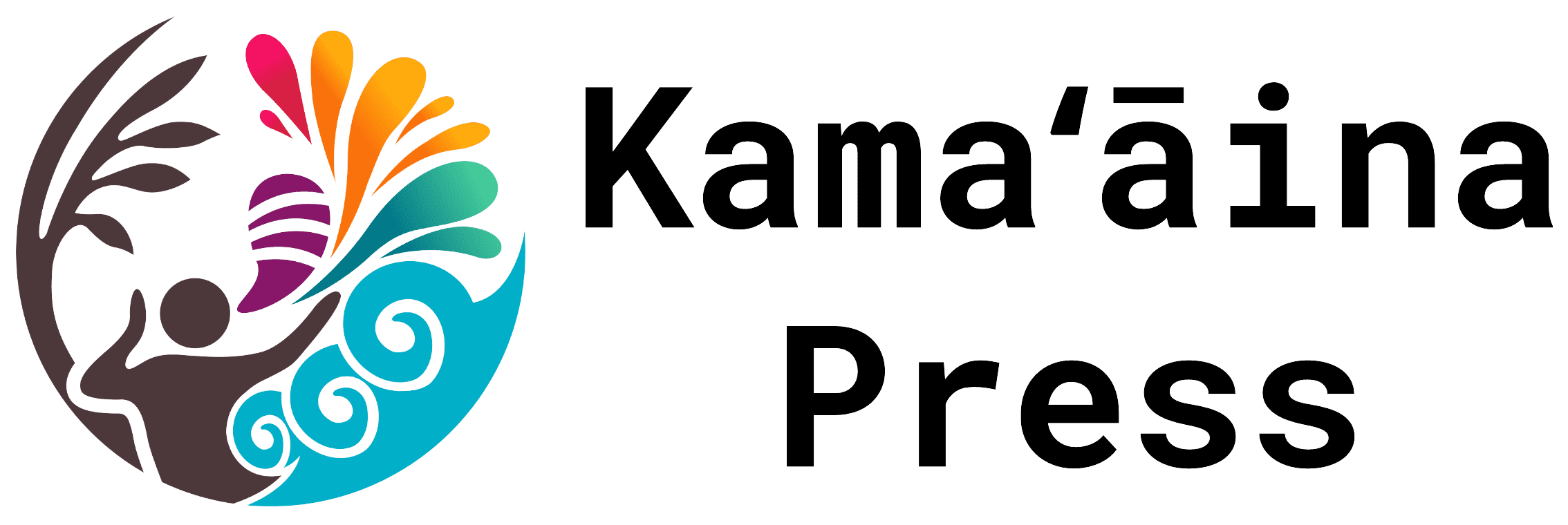In the wake of the devastating wildfires that swept through Maui in August 2023, a comprehensive health study spearheaded by the University of Hawaii at Manoa has brought to light the profound and lingering effects on the community. The Maui Wildfire Exposure Cohort Study has embarked on an ambitious journey to understand and document the multifaceted consequences of the wildfires on the health, economic stability, and overall well-being of the affected residents.
Health Impacts: A Closer Look
The study’s initial findings reveal a sobering picture of the health ramifications experienced by the survivors. A significant number of participants reported experiencing respiratory issues, with many indicating symptoms of mild to severe lung obstruction and compromised lung function. This suggests a direct correlation between the wildfires and a decline in respiratory health among the population.
Mental health challenges are also a pressing concern, with a notable increase in depressive symptoms among the study’s participants. The data indicates that the mental toll of the wildfires is extensive, affecting individuals across different age groups, particularly exacerbating conditions for older community members.
Economic and Social Fallout
The wildfires have not only inflicted physical and mental health scars but have also led to substantial economic and social disruption. The study highlights the widespread job loss and the resultant decline in household incomes, with a significant portion of the population still grappling with unemployment and residing in temporary housing. This disruption underscores the need for robust support systems and interventions to aid in the community’s recovery.
Collaborative Efforts and Community Engagement
In an effort to address these challenges, the University of Hawaii has partnered with community organizations, such as Roots Reborn, to engage and support the affected populations, particularly focusing on underrepresented and immigrant communities. These partnerships aim to foster a sense of trust and collaboration, crucial for the study’s success and the community’s healing process.
Future Directions and Interventions
The study’s long-term objective is to monitor the health and social conditions of the wildfire survivors over the next decade, providing invaluable insights into the extended impacts of such disasters. This data is essential for developing targeted interventions to mitigate the health risks and support the economic and social recovery of the community.
The Maui Wildfire Exposure Cohort Study stands as a testament to the resilience of the Maui community and the dedication of researchers and partners working towards recovery and healing. It underscores the critical need for comprehensive disaster response strategies that encompass health, economic, and social dimensions to effectively support affected populations.
For more detailed insights into the study and its findings, please visit the University of Hawaii News and Maui Now’s report on the ongoing health hazards in the aftermath of the Maui wildfires.

